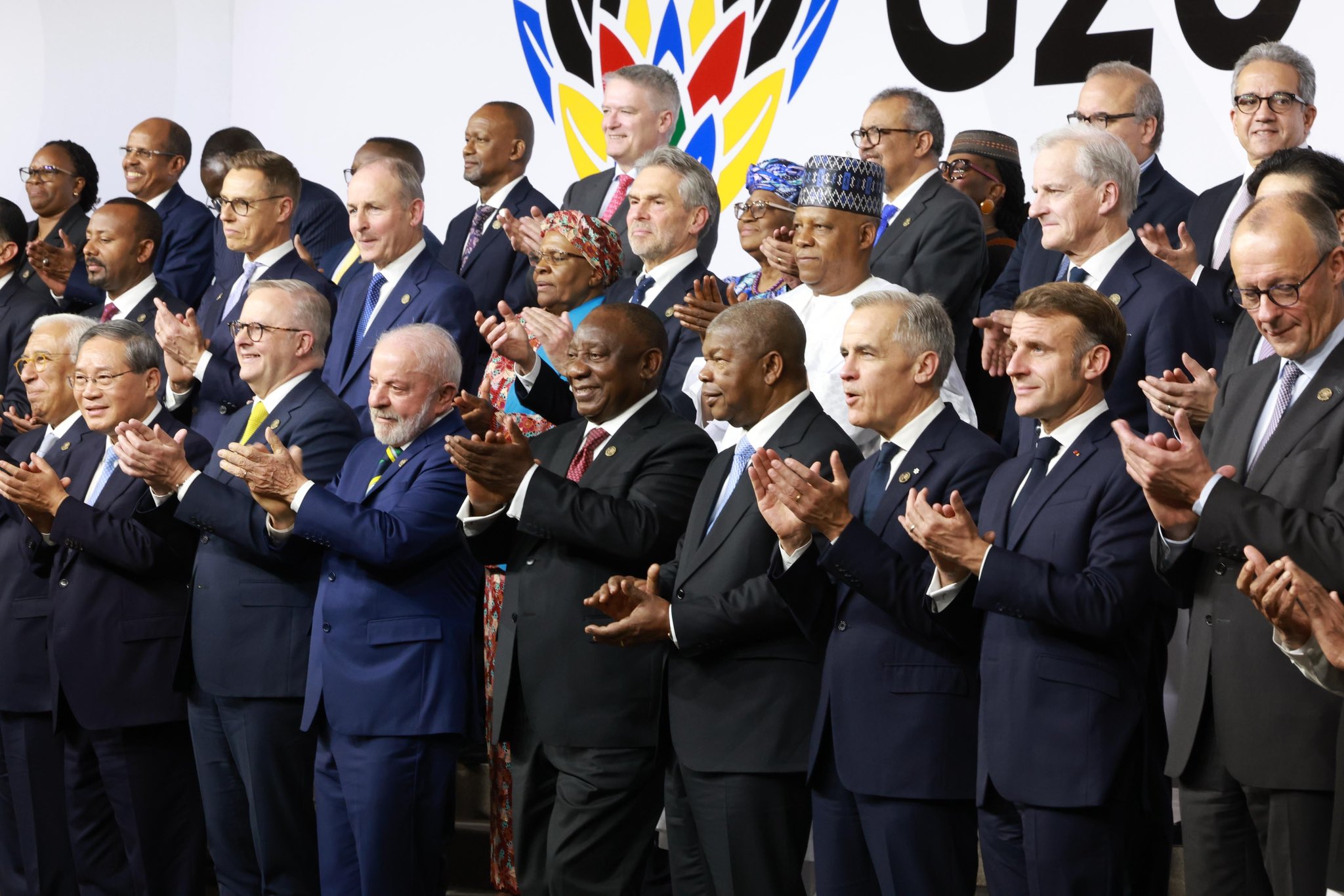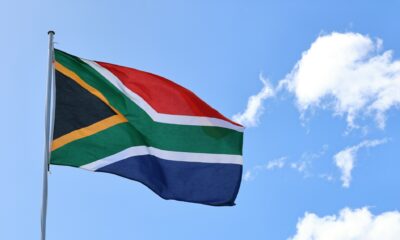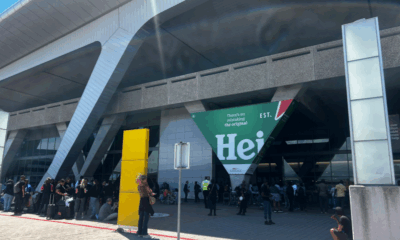News
UK Envoy Applauds South Africa For Historic G20 Summit Leadership

South Africa has earned a rare wave of global admiration after hosting the first G20 Summit on African soil, with the United Kingdom’s High Commissioner, Antony Phillipson, calling it not just successful but genuinely historic. For a country often weighed down by domestic challenges and international scepticism, this moment landed like a collective exhale and a welcome reminder of what South Africa can achieve on the world stage.
A Defining Moment For Africa
Phillipson, speaking after the summit wrapped up in Johannesburg, said South Africa delivered more than an event. It delivered a landmark year of diplomacy, coordination, and more than 130 meetings that led to meaningful consensus among the world’s most powerful economies.
In his words, it was a very successful and significant occasion that allowed African priorities to shine in a space where they are often overshadowed. From climate resilience to economic inclusion, the agenda reflected long-standing calls from African leaders to shift global conversations toward equity and shared prosperity.
For many South Africans, this felt like a long-overdue course correction. On social media, users celebrated the country’s leadership, with posts describing the summit as a proud moment for Johannesburg and for the continent. Others highlighted the symbolism of the G20 finally coming to Africa, noting that the global economy cannot function credibly without African representation at the top table.
No US Attendance, No Derailment
While the absence of the United States at the leaders’ summit raised eyebrows internationally, Phillipson dismissed suggestions that it weakened the outcome. He pointed out that the real work of implementation happens through institutions like the IMF, WTO and WHO, where the US and other G7 members continue to exert influence.
His message was clear: the G20’s commitments stand, regardless of who was present for the final family photo at Nasrec.
Big Issues, Bigger Responsibilities
The leaders who did attend backed a declaration aimed at addressing some of the most urgent global challenges. Climate change, health systems, inequality, and trade liberalisation all featured prominently, with a renewed focus on job creation and economic growth.
But Phillipson also injected a dose of realism. Global declarations often make bold promises that take years to materialise, and critics have long warned that many commitments simply fade after the closing ceremony. Acknowledging that history, he challenged member nations to move from talk to action, especially with the UK preparing to take on the G7 presidency in 2027.
I think we should take on that challenge, he said. And let’s do what we need to do as we go forward.
A Summit That Raised Expectations
For South Africa, the success of the summit raises expectations both at home and abroad. It showcased the country’s capacity to convene, negotiate, and lead, even in a global environment marked by geopolitical tension. It also signalled a shift, however subtle, in how the world views African leadership in multilateral spaces.
Locally, the pride remains palpable. Johannesburg hosted the world and delivered. Now, as Phillipson suggests, the next chapter is about accountability, implementation, and ensuring that Africa’s historic moment translates into meaningful, lasting change.
The world watched South Africa lead. Now it waits to see what follows.
{Source:EWN}
Follow Joburg ETC on Facebook, Twitter , TikTok and Instagram
For more News in Johannesburg, visit joburgetc.com



























